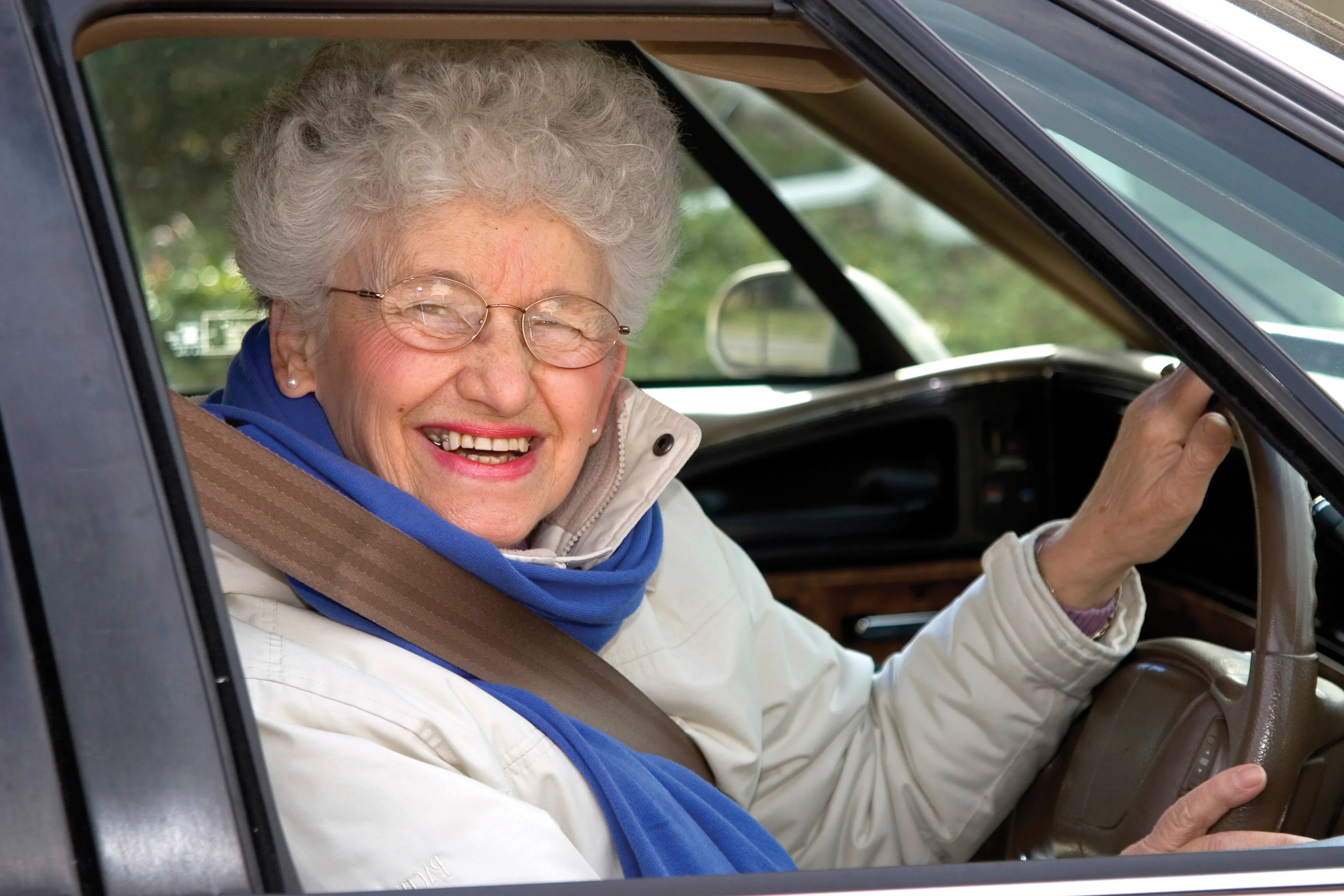Police stopped a student driving a Peugeot car that had been partially stripped of parts. The vehicle had no doors, lights or bonnet (hood) and the driver was using hand signals to indicate direction. He had driven the vehicle 5km on his way to a recycling centre to scrap the vehicle when stopped, having previously removed other parts to sell online.
June 27, 2014
Read time: 1 min
Police stopped a student driving a 3504 Peugeot car that had been partially stripped of parts. The vehicle had no doors, lights or bonnet (hood) and the driver was using hand signals to indicate direction. He had driven the vehicle 5km on his way to a recycling centre to scrap the vehicle when stopped, having previously removed other parts to sell online. In court the student explained that he thought this to be safe, as he had not removed any working parts. It was explained to him that removal of components made the vehicle dangerous in the event of an impact and that driving without working lights was an offence. He was fined and his driving licence was endorsed for the offence as the vehicle posed a risk to other road users. He has since bought another Peugeot but given his previous experience, this car is likely to remain in one piece.








